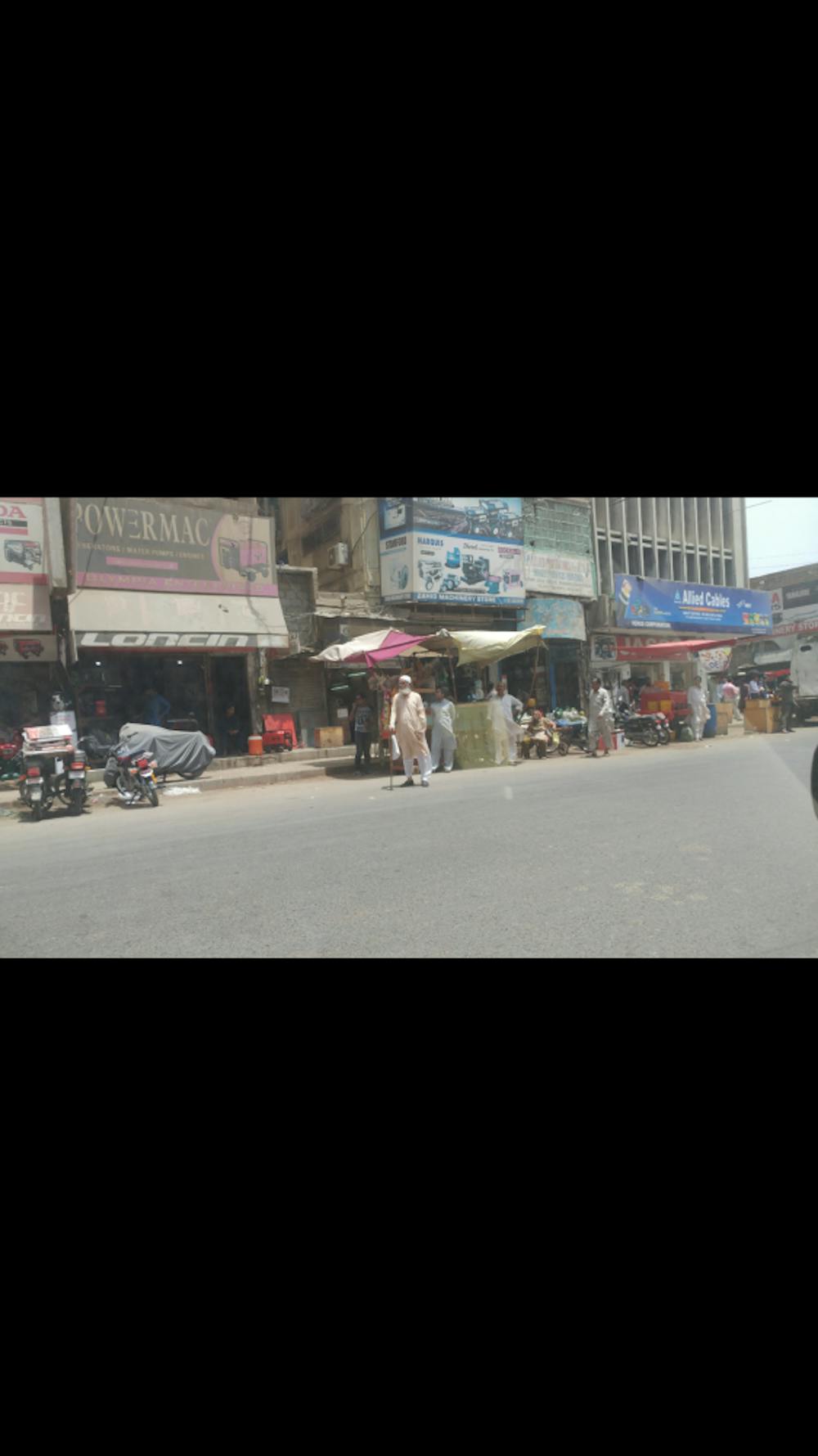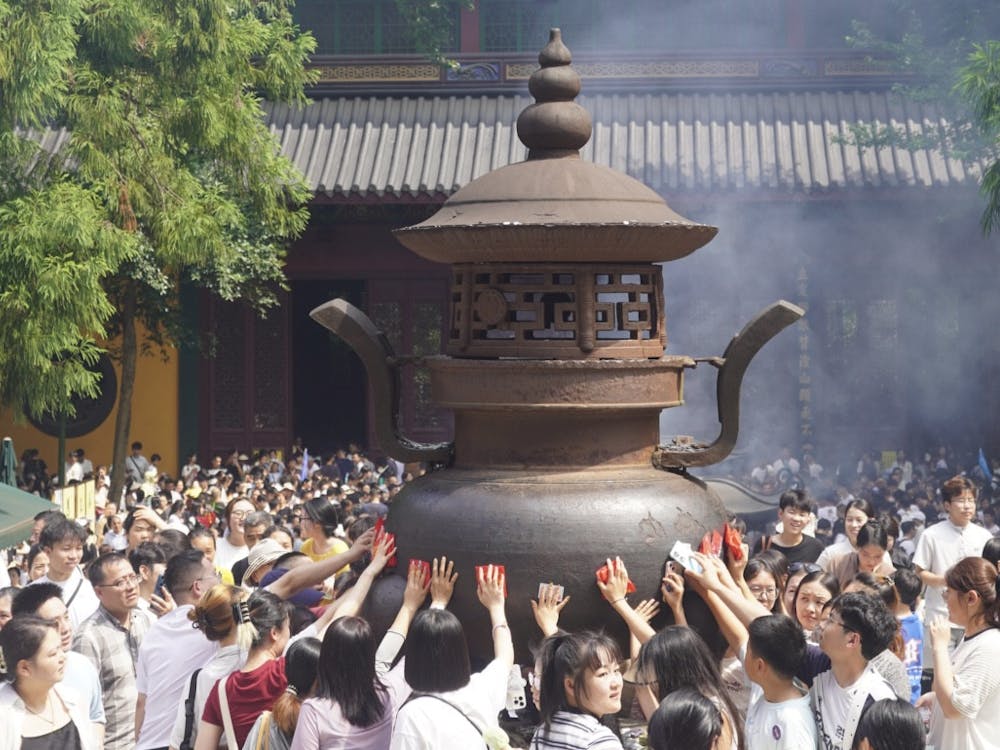
It’s no secret to those who know me even a little bit that I am from Pakistan. From my Introduction to Fiction and Poetry (IFP) stories to my plays to my poems, a part of my work is always dedicated to the country which has left an indelible mark on my identity.
It’s strange because I always saw Pakistan in a very singular light. I existed in a bubble where I was isolated from the Pakistan that was very much true and tangible for others. Yet, like all privilege, mine blinded me from the harsher, meaner truths of Pakistan.
I remember so many nights in America when I would sit in my dorm bed and look around, unable to recognize anything from the lights to the smell to the furniture to the very air.
Everything about it was foreign. It wasn’t that I was away from home: It was that I was away from Pakistan. But I guess somewhere in my mind those two things stopped existing separately.
Because really everything in Pakistan was home. The broken roads. The wrong directions. The lack of street signs. The blue police vehicles. The empty roads at night. The yellow streetlights. The small, sparse trees lining the pavement. The outstretched hands of beggars. The men (staring, staring always staring). The sea — blue, loud and ferocious, crashing along Clifton Road.
I remember once driving along the same road and casually seeing a thousand blue diamonds sparkling at one end and red wrappers mixed with glass and rubbish at the other.
Perhaps that encapsulated Pakistan for me — the ability for extreme beauty to coexist with extreme ugliness.
And maybe that’s what ultimately surprised me about Pakistanis as well — their ability to convey extreme kindness within the shadow of extreme cruelty.
I really idealized Pakistan. Not in a nationalistic way, but in a way that made me long for the disorder and the chaos of the streets and the constant hum of cars even at 2 a.m. I longed for the lack of law and order (at least for the rich) and how money could buy anything, even something like justice.
And yes, I knew I only felt this because I saw the yellow heat strike outside as I drove along in my air-conditioned car. And yes, I knew I only enjoyed all of this because I was a passive observer. I could sit back and call it exotic and ethnic while my countrymen died.
The horrors of Pakistan never really affected me, and so they never really shocked me. I was too busy looking at the blue diamonds to notice the rubbish. I guess there is a beauty in Pakistan. I mean, I know there is a beauty in Pakistan but maybe not in the way I thought. The beauty is in the resilience of the people who brave heat waves and monsoons and never-ending, devouring poverty.
There is a beauty in all of that, but there is also a horrible sadness that there are people who can afford to live in mansions and who own summer and winter estates, people who live while others are lucky to survive. Pakistan, which is called the land of the pure, is really just the land for the rich.
I think my idealization stopped when I became the recipient of the problems that plague Pakistan. The turning point was experiencing what it is like to be a woman in Pakistan.
Of course, I knew Pakistan had never been an emblem of upholding women’s rights, and I complained about the men’s objectifying stares and sexism. But, as long as I could be driven around and go to country clubs, it didn’t really matter so much. One privilege made up for the lack of another.
But then I came to America. That’s when, through the other Pakistanis here, mostly men, I really felt what it was like to be a woman in Pakistan. That’s when I was reminded that Pakistan, the land of the pure and the land for the rich, is mostly just the land for men. It is no place for a woman, at least not an abused woman.
My identity as a survivor came in direct clash with my identity as a Pakistani. It’s not that those are two contrasting things. In themselves they are neutral.
Yet that isn’t the case to the Pakistani men I’ve encountered here. For them, in Pakistan there is not space for a woman who speaks out. Pakistan is not a place where a woman should feel emboldened to call them out.
Because, as I’ve learned, it’s hard to face what you are complicit in. It’s hard to take responsibility. It’s even harder to apologize.
But I won’t let such men define who I can or cannot be. I don’t think I’ll let them shape this narrative or take my place in Pakistan. I am a Pakistani woman, and Pakistan must hold a space for me, whether they accept it or not.
I don’t know how to look at Pakistan and its people and accept that it has failed me and more importantly that it has failed so many people less privileged than me. I don’t know how to reconcile that failure with my love for a place that can be so twisted. I don’t know.
But it’s trial and error. Trial and error. And I guess I’ll figure it out.





